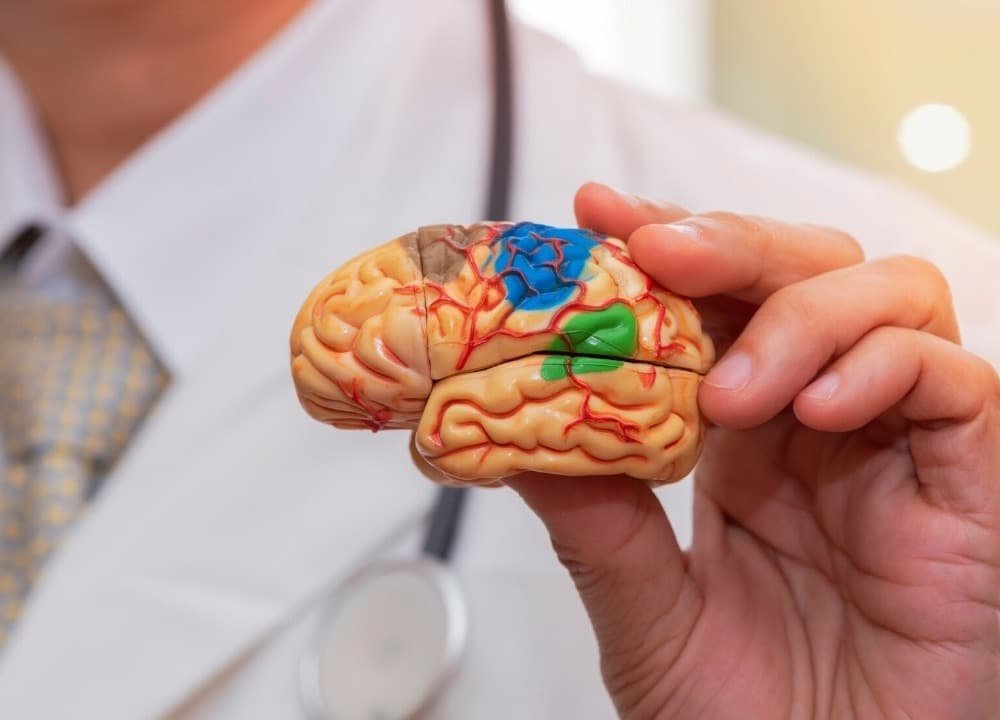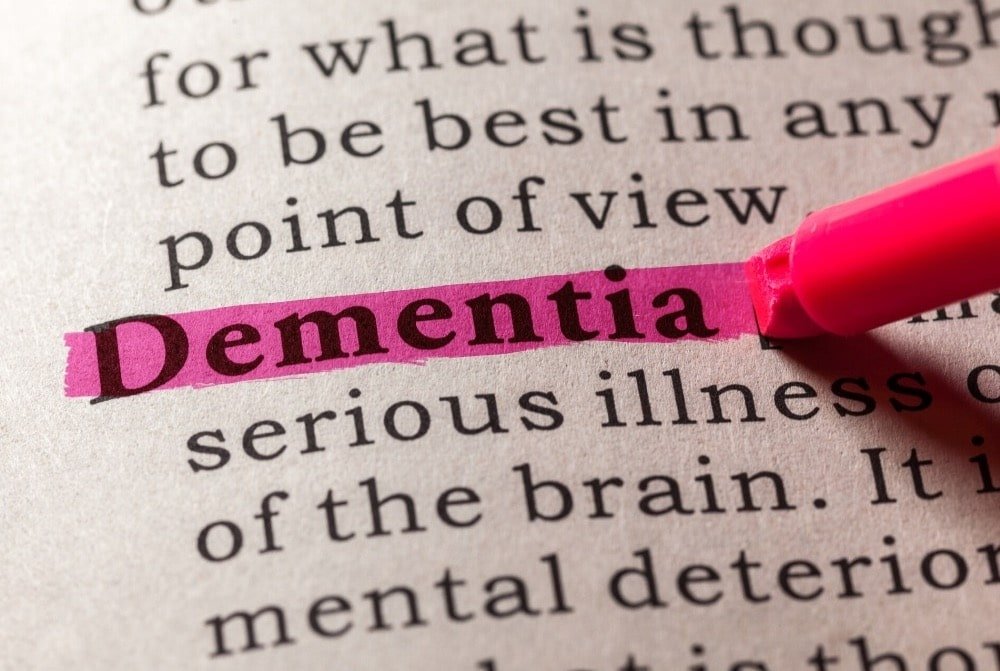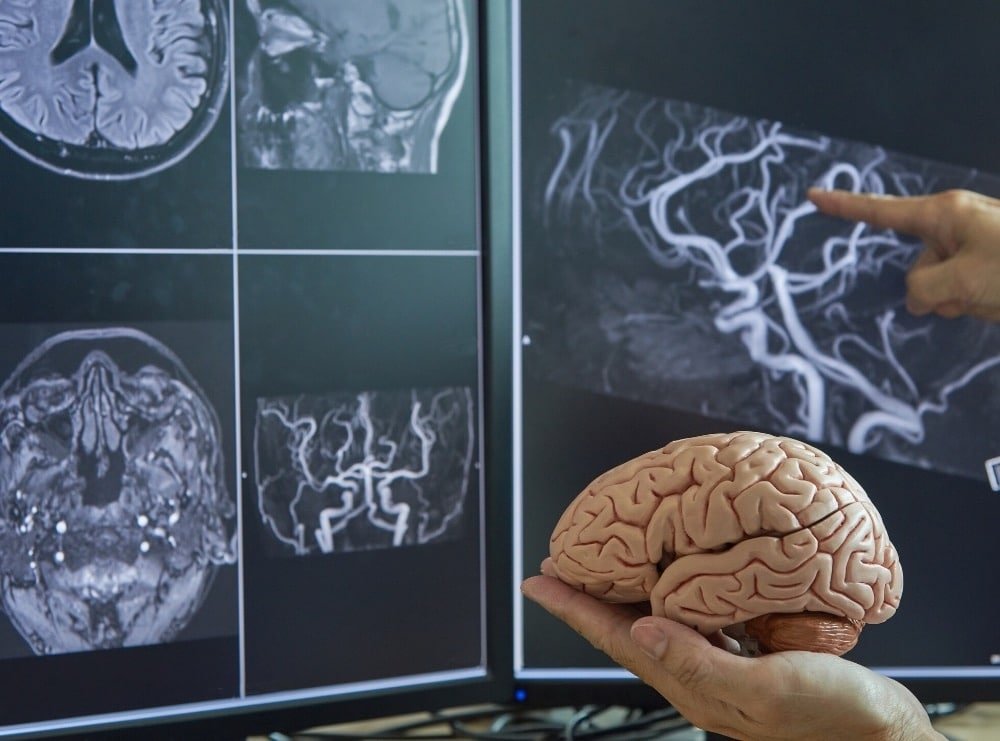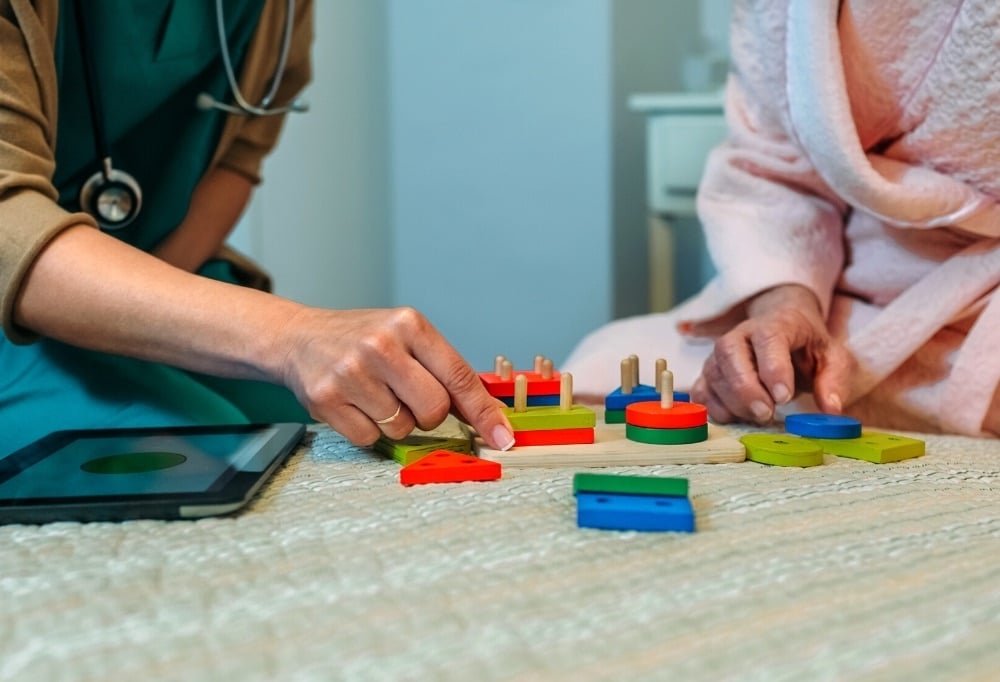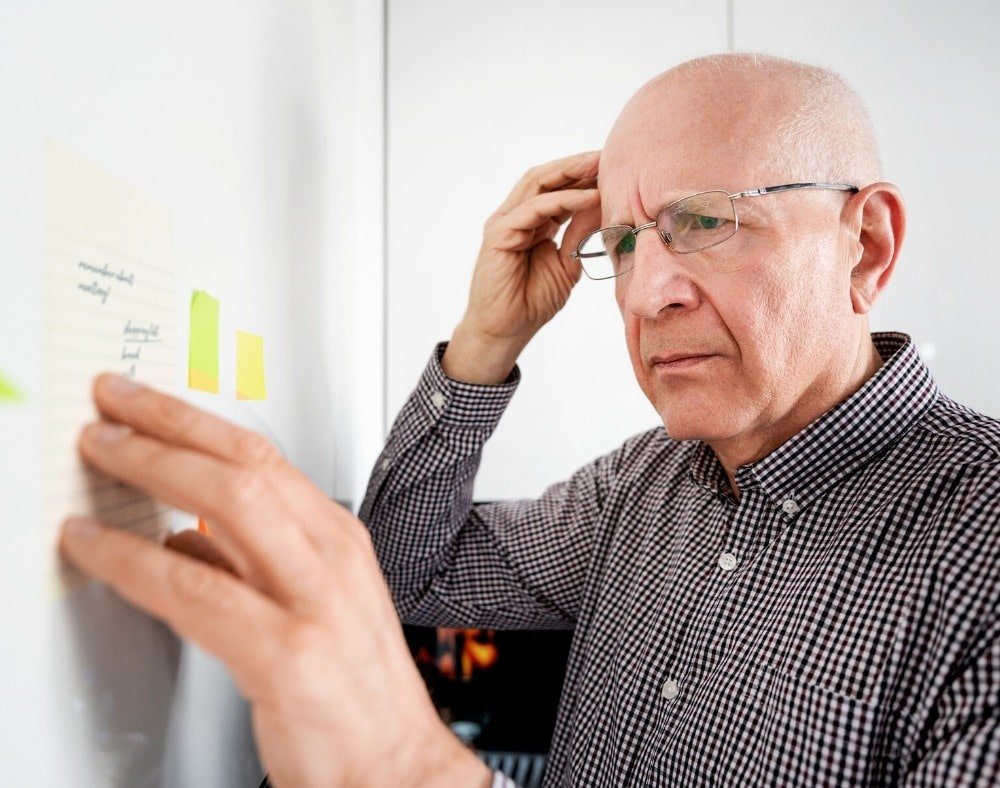The first step for most people who have growing concerns about the changes in the memory and behaviour of their loved one is to see their family GP, but as they are not specialists in neurology, the next step is usually a referral to a Dementia Neurologist.
This stage, can be quite an emotional time for the family as it feels that so much is at stake. Some query the necessity of seeing a Dementia doctor at all, but to do so can bring you the answers you crave and the support you will need.
Release in your mind, who your loved one used to be and accept who they are today… J Rusknak Phd
Neurologist for dementia evaluation
 A Neurologist is a doctor who specializes in disorders of the brain, diseases of the spinal cord and the body’s nervous system. They are highly trained doctors who know how to spot the subtle changes in the brain that could be causing memory problems.
A Neurologist is a doctor who specializes in disorders of the brain, diseases of the spinal cord and the body’s nervous system. They are highly trained doctors who know how to spot the subtle changes in the brain that could be causing memory problems.
It is important to take this next step so that you can get a firm diagnosis and can fully understand the options available for your loved one.
Although research into dementia is moving at a swift pace, there is no cure – as yet – but there are a variety of treatments that can reduce the symptoms. This is important because it will help your loved one maintain the best possible quality of life.
As Carol Thatcher, daughter of ex UK Prime minister, Margaret explained –
‘ Sufferers look and act the same, but beneath the familiar exterior, something quite different is going on. They are in another world and you cannot enter it’… Carol Thatcher
It is for this reason, that it can be so beneficial to spend time with a dementia neurologist who can give you a firm diagnosis, guide you with choosing the best treatment plan and also be there to answer your questions so that you can learn and understand more about this increasingly common brain disorder.
The World Health Organisation has stated that 55 million people worldwide have dementia and that Alzheimer disease may contribute to 60-70% of cases.
Dementia neurologist expert.
 Although all neurologists can evaluate and diagnose your loved one, if you can be referred to a Dementia neurology, this is even better.
Although all neurologists can evaluate and diagnose your loved one, if you can be referred to a Dementia neurology, this is even better.
These doctors (who are usually Consultants) specialise in dementia and are really interested in all the latest trials taking place and the new treatments being offered. As well as conducting the necessary tests to confirm the medical condition, the neurology expert can then give some good advice and guide you to make the right decision regarding your loved one.
Importantly, they also fully understand that the diagnosis of dementia will affect all the family and the different emotions involved.
Find a dementia specialist
 If you can arrange through your GP to see a dementia specialist, this will be a huge advantage. These specialists are well aware of what is currently being learnt about dementia.
If you can arrange through your GP to see a dementia specialist, this will be a huge advantage. These specialists are well aware of what is currently being learnt about dementia.
Scientists have uncovered so much valuable information recently, and because of their specialisation in this field, the dementia specialist will be keeping abreast of all the latest research and the many medical trials.
This is truly invaluable, and something that the family doctor cannot possibly do. General neurologists can certainly perform the medical evaluation, but they too are not ideal as they do not specialise in dementia.
If you have a friend with dementia, it is well worth asking their partner to recommend their dementia neurology expert so that you can make a little research and ask your GP to refer your loved one to them.
Dementia Neurologist for diagnosis
 It is crucial to have someone experienced to conduct the tests on your loved one. The dementia Consultants are experienced in a variety of different cognitive disorders. The most common, is dementia which is a group of diseases that affect memory, thinking skills and ability to complete normal daily tasks.
It is crucial to have someone experienced to conduct the tests on your loved one. The dementia Consultants are experienced in a variety of different cognitive disorders. The most common, is dementia which is a group of diseases that affect memory, thinking skills and ability to complete normal daily tasks.
Alzheimer’s disease is the most common type, but other disorders include frontotemporal dementia, vascular dementia, dementia with Lewy bodies, Parkinson’s, mild cognitive impairment and primary progressive aphasia – amongst others.
Dementia assessment
The dementia neurologist will spend time talking with you to establish a detailed history of your loved one’s problems – the more in-depth with information you can provide, the better. A number of cognitive functions change in a person with dementia over a period of time and the specialist will be asking you about your loved one’s –
 Memory
Memory- Language
- Numerical skills
- Thinking and problem solving
- Visual perception
- Any personality changes
Although this may seem very daunting, this appointment can be made much easier if you make notes for each of the above headings to take with you to the appointment.
Sometimes, there may be enough material provided, but usually the dementia specialist will want to conduct some brain scans, a lumbar puncture or neuropsychological assessment so they can make an accurate diagnosis.
Although these all sound quite scary, each of these will be explained to you fully in advance and a follow up appointment will be arranged. It also comes as a relief to the various challenges and changes explained to you by an experienced doctor, who very understanding and will answer all your questions.
Dementia care neurologist
Following the diagnosis, the dementia neurologist may well want to see your loved one on a regular basis. Alternatively, you will be put in contact with the dementia specialist nurse. Although this is an extremely difficult time for you and your family, you will find that there is a great deal of support.
You will be given plenty of information, practical advice and local support groups to contact either by your dementia specialist or their nurse.
In addition, it is a comforting feeling to know that they are at the end of the telephone, should you have any queries. As the disease progresses, you will also be given practical support too, which is invaluable.
Dementia Neurologist – Final Thoughts
Caring for a loved one with dementia is certainly challenging and comes with a feeling of loss, but how you approach these changes in your loved one makes all the difference and it is essential to work with an experienced dementia care neurologist who specialises in this brain disorder as this really can make all the difference.

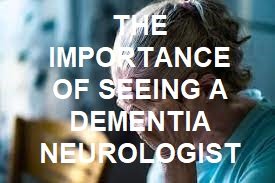
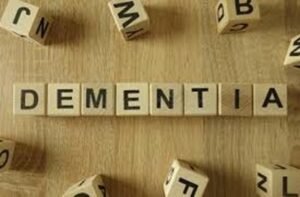 Memory
Memory



